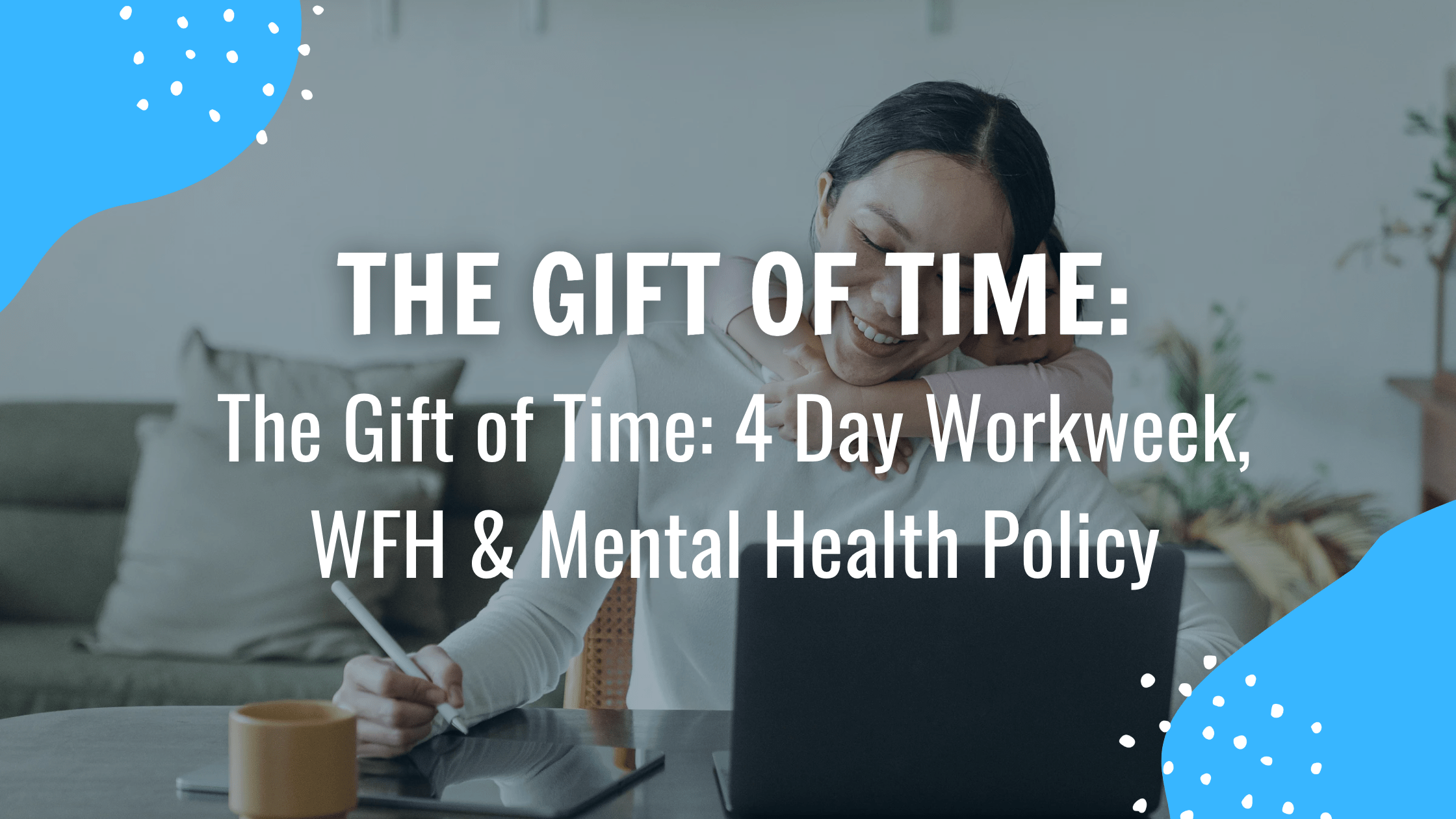In Q4 2022, Tim Visconti landed with a stark realization. We aren’t healthy. We can’t be elite if we are not healthy. What can I do?
We broke every record in the PeopleLift story, grew our business 2X the market rate and yet still, we weren’t as productive or happy as we once were.
What happened? Tim recognized that our team members were tired, overstressed and frankly not as happy as we have been in the past. Why is that?
It started with a question
Tim’s hypothesis: we are all shifting what is important in our lives all of the time and yet we have very little of it (time). How can we be different? How can we give the greatest gift possible to our team members? If we are able to pull this off, we would be a top destination for great talent – not because we work 4 days per week, but because we care so much about this gift that we are willing to do what it takes to help others succeed.
This change would be a significant and directionally defining moment because we would have to change our approach towards health, growth, and our work product. ‘We cannot be ELITE if we are not healthy’.
PeopleLift’s 3 Tenants
Remote work, 4 day work week and relentless focus on Mental Health.
A quick synopsis of our tenants: first, remote work.
Remote work refers to the practice of working from a location other than a traditional office setting. This can include working from home, a co-working space, or any other location with a stable internet connection. In the past few years, remote work has gained popularity as more companies adopt flexible work arrangements and as technology has made it easier to collaborate remotely. There are several benefits to remote work, including increased productivity and job satisfaction, as well as cost savings for both employees and employers. However, there are also challenges to remote work, such as difficulty maintaining work-life balance and difficulty in building and maintaining relationships with colleagues.
A four day work week, also known as a compressed work week, refers to a schedule in which employees work the same number of hours as they would in a traditional work week, but in fewer days. This can be accomplished by working longer hours on each of the four days, or by working a traditional work week and taking an additional day off. The four day work week has gained popularity as a way to improve work-life balance and increase productivity. There are several potential benefits to a four day work week, including reduced burnout and improved morale, as well as cost savings for both employees and employers. However, there are also challenges to implementing a four day work week, including the need for careful planning and coordination to ensure that all work is completed on time.
Employer focus on mental health refers to the increasing attention that employers are paying to the mental well-being of their employees. This can include offering resources such as mental health benefits, training for managers on how to support employee mental health, and creating a culture that prioritizes mental health and well-being. Employers are focusing on mental health for a variety of reasons, including the recognition that mental health is an important aspect of overall health and well-being, and the realization that addressing mental health can lead to increased productivity and reduced absenteeism. However, there is still a stigma surrounding mental health in many workplaces, and more needs to be done to ensure that employees feel comfortable seeking support and addressing mental health issues.





